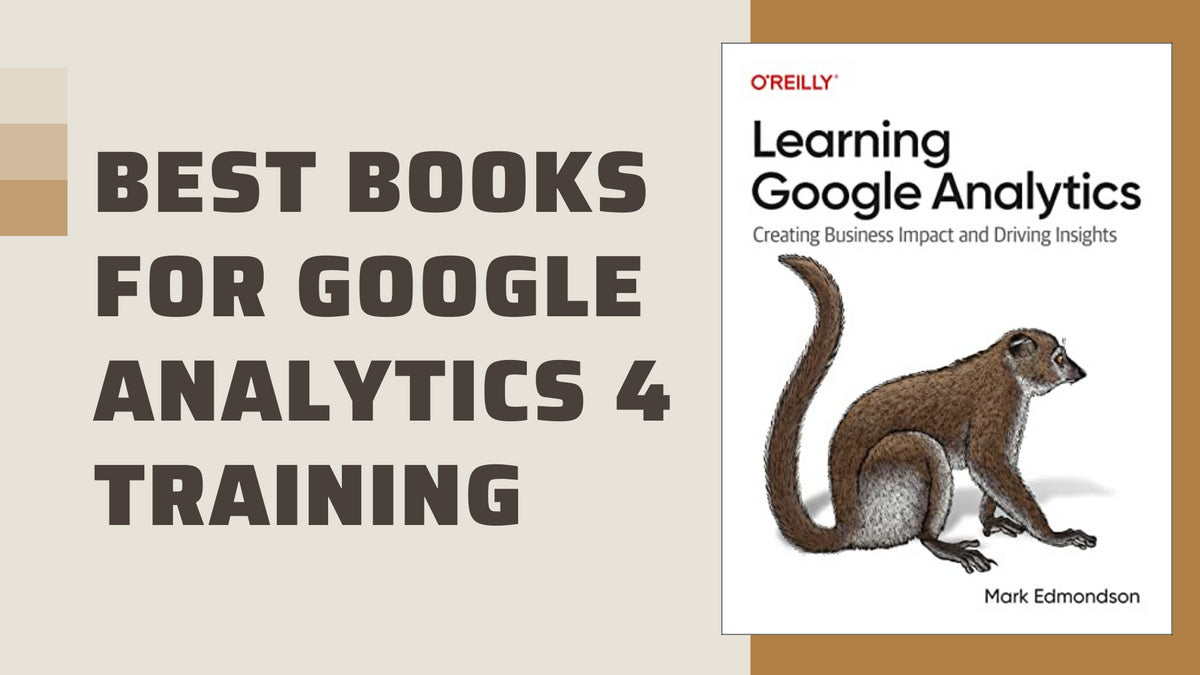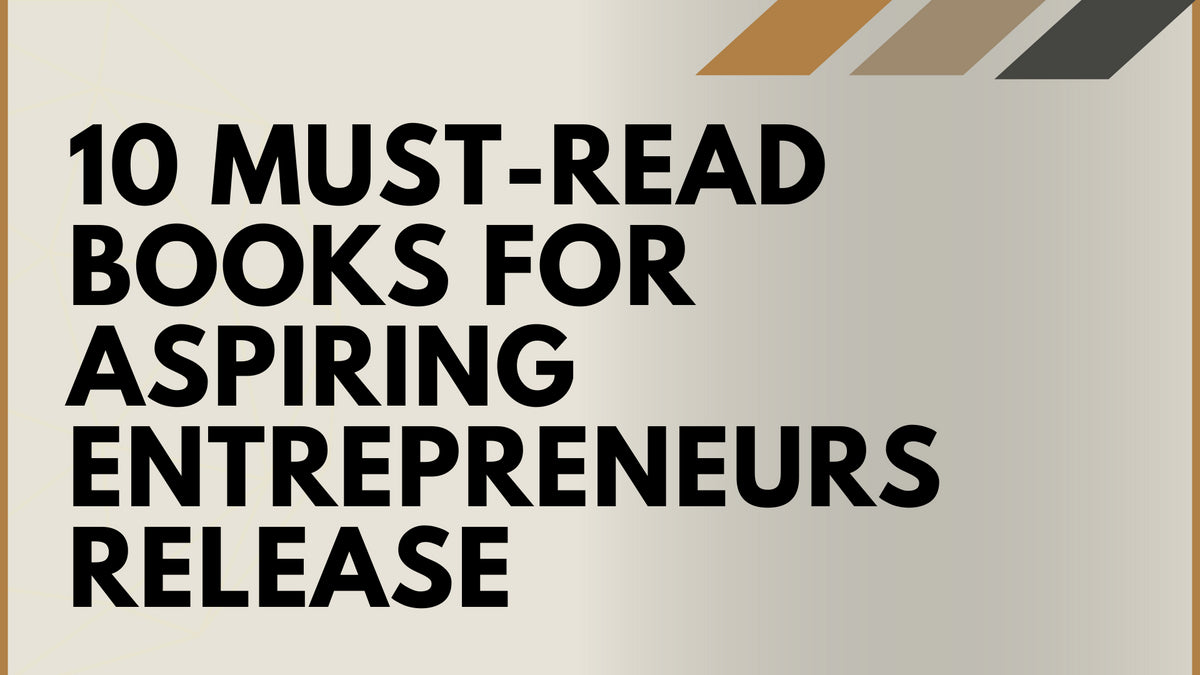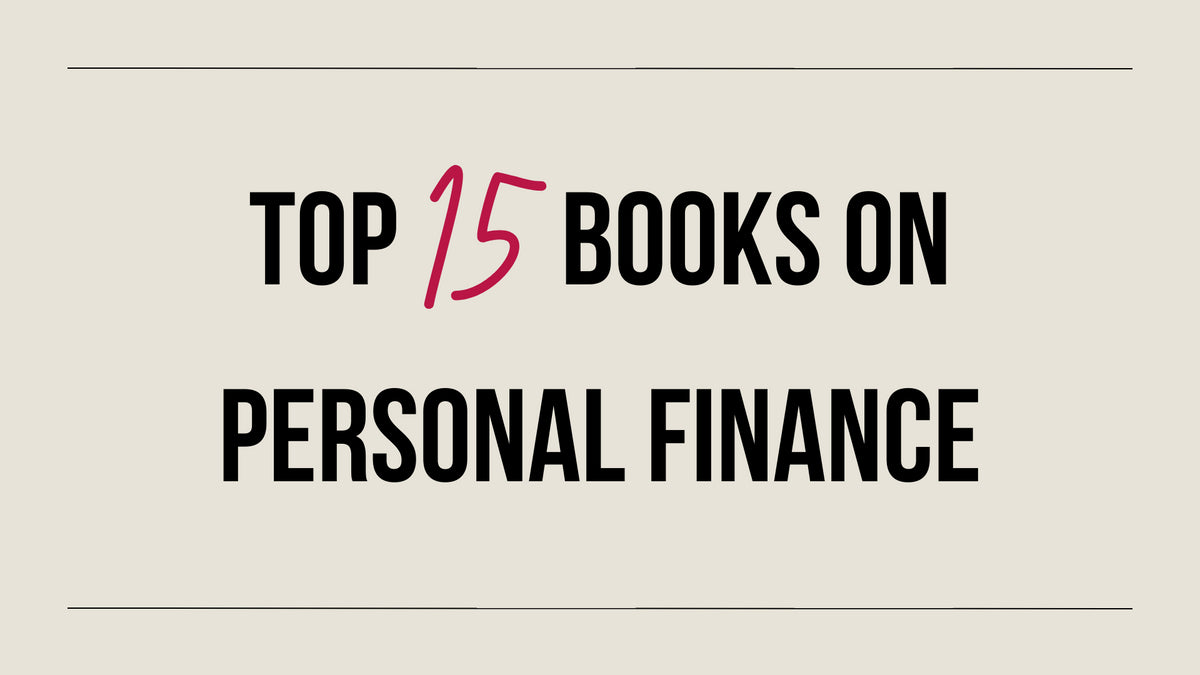Your Cart is Empty
Switch Book Summary: How to Change Your Life
Listen To This Article
How to Change Your Life
Change, experts counsel, is life's only guarantee — so why is the process a painful slog? We consume books and media about the miraculous gifts awaiting us on the other side of "positive changes." Still, when it comes to actually altering our work, private, and internal lives, we chicken out.
According to Chip and Dan Heath, authors of Switch: How to Change Things When Change Is Hard, tension between the rational and emotional minds is to blame. But there's good news: training yourself to harmonize the two can result in material magic.
Our rational minds are programmed to revere and emulate societal standards. It's a survival mechanism rooted in objective realities.Practically speaking, it's the inner voice urging you towards fruits and vegetables. On the flip side, our emotional minds are the craven Libertines who strap into the couch for a seven-hour stream-a-thon catered by Pizza Hut.
In Switch, the Heaths explain how dramatic, positive change involves melding the two battling instincts. A comprehensive study, they traverse life's terrain — from corporate to personal — and show how balancing our angels and demons is the key to unlocking permanent and success-focused change.
Through utterly readable stories, the Heaths demystify decades of dense psychological and sociological research and present a patterned method that everyone can leverage to achieve their goals — whether they involve finding love, getting healthy, or climbing the corporate ladder.
Learn To Change The Way You Take Action
- 3 important facets that drive lasting behavioral change
- 3 surprises about change
- Emotions can overwhelm rational thinking
- Change is easier with realistic and smaller milestones
- Change works best when emotions and rational thoughts work together
- The path to change is strewn with failure.
- Accept this, embrace this and keep moving ahead
- Change requires clarity of goal and unwavering focus of goal
- An organizing enthusiast developed a simple — and ultimately successful — technique for making housekeeping fun.
- A manager who molded a crew of under-performing customer support attendants into a well-oiled and profitable machine by instituting one simple change.

Featured In This Review
Switch
$16.99
How do you stop doing something you know you shouldn't or don't want to do? This book has actionable steps and identifies key signals for successfully changing your behavior even before you've stopped completely.
SHOP NOWSwitch Book Summary: How To Change When Change Is Hard
In this a remarkable book, Chip & Dan use the analogy of the Rider and Elephant, originally introduced by Jonathan Haidt in the bookThe Happiness Advantage.
Focus on 3 elements can bring about massive and everlasting change in behavior – The Rider (rational side of the brain), The Elephant (emotional side of the brain) and The Path (the surrounding environment).
Our human brain is a composite of the rational side and the emotional side. Change fails because of the conflict in our brain. Change fails when the elephant and rider cannot decide or stay together long enough on the change path. For more on this read the book GRIT.

Change requires new situations and different actions. This can be achieved when the path has clarity and when both the rider and the elephant, embark on the path in cooperation with each other.
3 Surprises About Change:
-
What is perceived as a people problem is often a situational problem.
-
What is perceived as laziness is often exhaustion.
-
What is perceived as resistance is often lack of clarity.
Want to buy a book review like this?
Click here to learn how to get your book reviewed!
The Remedy
-
Direct the Rider: The rider being the rational part of the brain, tends to think through and analyze things. When faced with complex problems the rider is in his element. However, when you want to bring about behavioral change, he tends to over analyze, lose focus, and analysis paralysis sets in. Analysis paralysis is discussed in great detail in the book how to avoid this is The Ultimate Sales Machine.

The best way is to narrow focus on smaller but key aspects of change. Solve big problems with a series of smaller solutions. Script the critical moves. Or read the book The ONE Thing.
Define each solution clearly and focus on achieving them one by one. This gives clarity to the rider. Resistance is often due to a lack of clarity. Clearly defining specific goals, directs the rider and guides him to the destination to pursue.
-
Motivate the Elephant: The best way to get the elephant to cooperate with the rider, is to motivate it with powerful feelings as it responds best when emotions are evoked. Unlike the rational rider, the elephant is not responsive to logical and practical analysis.For more on how to think through decisions read the book Thinking, Fast and Slow by Daniel Kahneman.

Stimulating powerful emotional responses can be done through positive and negative triggers.
Negative triggers like shock and outrage work well to bring in a sense of urgency.
Positive triggers reinforce self-image and self-esteem. It awakens hope and unleashes creativity. For example, when smaller milestones are achieved it brings hope and a sense of accomplishment. Tell your mind to expect and embrace small failures en route. The wins will come when the smaller hurdles are faced and crossed. An amazing book about getting to the root of motivation is DRIVE.
-
Shape The Path: The surrounding environment or situations is called the Path. What is perceived as a people problem is often a situational problem. Human behavior is mostly an outcome of their situation.
Make the journey easy for the Rider and Elephant by Shaping The Path. Make right behavior easier and wrong harder. Set up situations to bring out the good in people. Build habits. Insure against overconfidence.

To change things pay close attention to social signals. These social cues have a great bearing on individual change. The book Creating Magic has a lot to say about this.
Change is a process. It is many small steps becoming a mighty ocean. It may seem difficult initially but it changes you and leads to positive growth patterns. Recognize and celebrate the first step towards Switch. If you enjoy this book consider reading Poke The Box by the legendary Seth Godin.
About The Authors Chip and Dan Heath
Best-selling authors Chip and Dan Heath have helped countless individuals and international conglomerates reinvent frameworks and redefine outlooks for optimal performance both personally and professionally.
Unlike many of today’s advice authors, the Heaths aren’t carnival barkers peddling empty bromides. Instead, they’re educated experts who dispense invaluable lessons on everything from habit-breaking to strategic planning. Together, the brothers have co-authored four wildly popular books, which have been translated into over 30 languages and read by millions worldwide.
More than ivory tower academics, Chip and Dan are startup founders and market consultants who’ve achieved the entrepreneur’s dream: shepherding ideas from intangible creative sparks to profitable, transformative businesses. Their success and proven results have made the brothers are now in-demand speakers at conferences and corporate events worldwide.
Chip Heath is a Stanford Graduate School of Business professor with expertise in organizational behavior, negotiation, international strategy, and social entrepreneurship. A top consultant to some of America’s biggest companies and organizations — including Google, The Nature Conservancy, and the American Heart Association — Chip helps individuals and corporations dismantle productivity obstacles and ignite profits.
Dan Heath is a Harvard Alum and Successful Startup Founder. As a senior fellow at Duke University’s Center for the Advancement of Social Entrepreneurship, Dan Heath completed his MBA at Harvard Business School and worked as a case writer for the venerated institution after graduating. He’s also the founder of Thinkwell, a pioneering online education company, which enhances student engagement, that’s approaching its 25th anniversary.
Chip & Dan Heath’s Other Books:
Made to Stick: Why Some Ideas Survive and Others Die
Switch: How to Change Things When Change is Hard
Decisive: How to Make Better Decisions in Life and Work
The Power of Moments: Why Certain Experiences Have Extraordinary Impact
Want to buy a book review like this?
Click here to learn how to get your book reviewed!
Leave a comment
Comments will be approved before showing up.
Also in Books

The Best Books for Google Analytics 4 (GA4) Training
Unlock the secrets of Google Analytics 4 with our curated list of the best GA4 training books for 2023! Dive deep into actionable insights, master advanced techniques, and lead the digital analytics revolution. Don't get left behind; discover the ultimate resources to dominate GA4. Click now to elevate your skills!
Read More
10 Must-Read Books for Aspiring Entrepreneurs
Do you dream of starting your own business? If so, you need to read this article! We've compiled a list of 10 must-read books for aspiring entrepreneurs. These books will provide you with the knowledge and inspiration you need to turn your dream into a reality. Click here to read the article and learn more!
Read More
Top 15 Books on Personal Finance
Are you looking for a safe and informative place to learn about personal finance? If so, you've come to the right place! This article discusses the top 15 personal finance books on the market, all of which are sure to help you improve your financial situation without any explicit sexual descriptions or that is sexually suggestive in nature or is primarily intended to cause arousal.
Read More